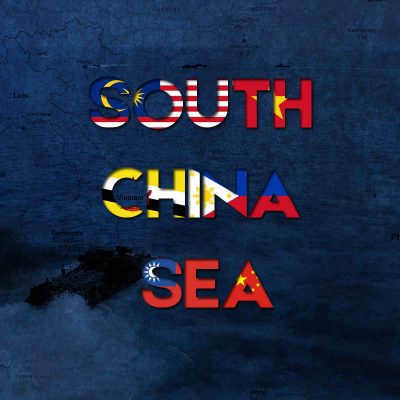The sanctions impacted the Iranian oil and gas industry negatively, creating a lack of expendable materials and interchangeable parts at Iranian oil refineries. This situation pushed Iran into cooperation with China in this sphere. As a result, according to some reports, Chinese oil and gas companies became involved in up to 60% of the former Japanese oil facilities in Iran.
Japanese experts describe the Iranian-Chinese cooperation during the period of the sanctions:
- The Iranian-Chinese cooperation was determinted by a high level of the sanctions’ pressure on Iran and by Chinese attempts to avoid a Western reaction to the Iranian oil and gas supplies to China.
- China was building its partnership with Iran, aiming to include it into the geo-strategic project, “One Belt, One Road“.
Now, when the sanctions are lifted, experts expect an acute standoff among Chinese, Japanese and European companies for the Iranian domestic market. There are reports that Japanese companies are ready to return to a development project in the South Azadegan oilfield at the official level. Meanwhile, China has promised about $20 billion in investment in the Iranian energy sector.
On June 8, Iran said that it had stopped exports of liquefied petroleum gas to Japan. The reports did not give a reason for the move. However, this will lead to increasing Chinese invovelement in the Iranian energy sector.
There are two most likely reasons for this decision:
- Tehran has decided that China is a top-priority partner. Chinese state firms have exclusive rights to work at the Iranian oilfields: the Yadavaran and North Azadegan oilfields. In turn, they will set up operations support facilities in the Islamic Republic and hand over some of these to their Iranian parters.
- Recently, Iran and China have intensified their military cooperation. In June, Iran reportedly recieved a batch of TL-7 anti-ship missiles from China. This could mark a new phase of military-technical cooperation between the countries. There are reports that Chinese companies produce C-802 and C-602 anti-ship missiles in order to equip the Islamic Republic of Iran’s Air Force.
These actions allow one to conclude that China successfully reacts to the ongoing developments in an important region such as the Middle East, expanding its economic, military and political influence on one of the region’s power brokers.





Not sure what to think of this, I mean the Zionist regime calling in Occupied Palestine is also trying to strengthen its relationship with China. Hopefully getting closer to Iran will distance Israel from China and keep it with their Nato private army.